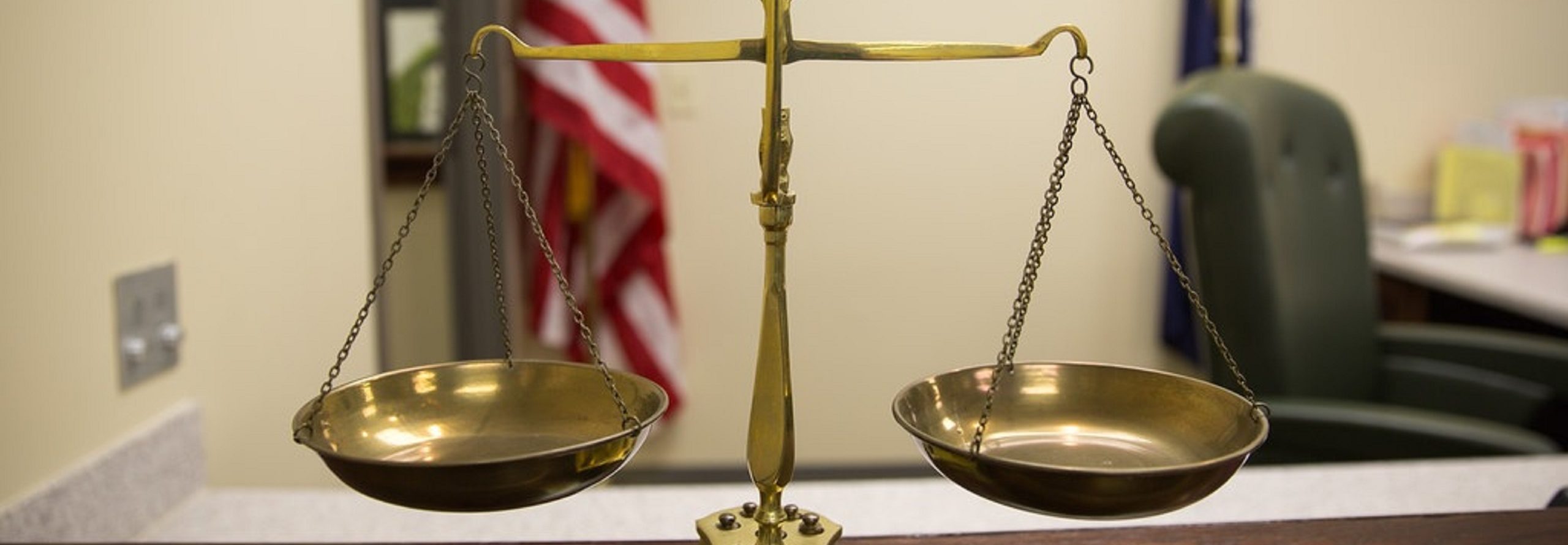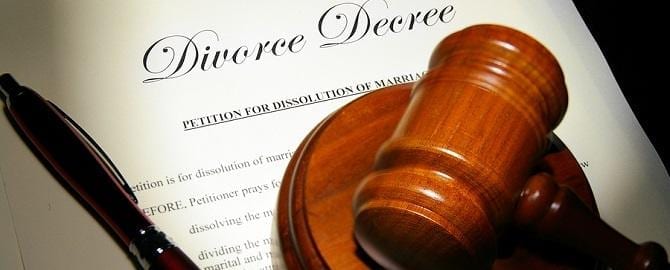5 Ideas to Improve the Family Law System’s Efficiency and Accessibility
Raising family law system’s efficiency could make domestic disputes less traumatic and their resolution less expensive— besides streamlining the litigation.
Many divorce lawyers practice some form of alternative dispute resolution in addition to estate litigation because of the traumatic impact judicially determined divorces have on families who are already traumatized emotionally, mentally, and financially by the divorce process. The current system does not do enough to utilize available resources to make the process less confrontational and more user-friendly for divorcing couples. There is a dire need to improve the family law’s efficiency for improving resolution of cases involving custody, child support and divorce.
The most common complaints I hear about the divorce process are its expense, the lack of availability of courts, and lack of consistency of results. This frustration is exacerbated by the fact that clients usually have a “friend” who got what they wanted and don’t understand why their results weren’t similar. This gives clients the impression that courts aren’t fair, and that justice is fleeting. This does not even include the horrible toll custody litigation has on the family. Here are five common-sense alternatives that could make domestic controversies less expensive – both financially and emotionally.
Ideas To Improve Family Law System’s Efficiency

1. Divorce Panels
Family lawyers know that the judicial system was not designed to handle divorce cases. As a substitute for battle, the court system often appears to litigants as cold and unfair. Until we can mandate a substitute for courts applying a medieval concept to the breakup of a family, litigants who can’t agree on their future will be forced to apply a “win-lose” resolution to the breakup. My first recommendation for fixing the system is to create panels of lawyers, mental-health and behavioral professionals, and guardians ad litem to decide the ground rules for failed families.
Perhaps family lawyers should be required to serve on the panels, which would decide custody, visitation, child support, and protective orders. Court “policies” that award custody and support may not be in the best interest of the family – but if a lawyer, mental-health professional, and child advocate could decide these issues, parties would be reasonably assured that a fair and impartial result could be found. These panels would serve pro bono and therefore greatly reduce the cost of the process. There would be no need to involve courts unless there was evidence of bias or manifest injustice.
2. Loser Pays
The American rule, which requires parties to pay their own attorney’s fees, can have a detrimental effect on quick resolutions of issues and oftentimes forces the “poorer” spouse/litigant to give up because they don’t have the resources to battle like their opponent. The party with resources might refuse to settle or compromise because they know they can outspend their opponent.
The British rule, which requires the party who loses to pay all of the attorney’s fees, could even the playing field and force the party with resources to have to risk having to pay the winner’s attorney’s fees, which is a powerfully persuasive reason to compromise. To take this one step further, if the loser’s attorneys are responsible for paying the winner’s attorney’s fees, this would be an even more powerful persuasion to reach a compromise.
If the jurisdiction has administered court preferences regarding custody, child support, and other family matters, and a party challenges those preferences because they are “different”, they should pay the court costs and their opponents attorney’s fees if they lose.
3. Clerk’s Courts
Unfortunately, a lot of court, judges’, and litigants’ time is wasted by cases that don’t really rise to the level of a controversy. Jurisdictions could institute clerk’s courts who deal with prepackaged divorces, uncontested custody matters, and parties who have a settlement agreement in place. The judicial system could institute relatively lower fees for choosing this route and make the filing fees for cases requiring judicial determination more expensive. This would result in people choosing to appear before a clerk rather than a judge because of the cost of the latter. The economic pressure to choose a clerk would take a tremendous strain off our domestic court systems.
4. Simplify. Simplify. Simplify
The more we can streamline the family law system’s efficiency by creating user-friendly forms, the better – especially if we make the forms simple enough for lay people to use. Sometimes, it appears that forms are unnecessarily complex only to require litigants to hire lawyers to fill them out.
One of the most frustrating aspects of the court system is that litigants cannot get help from court staff to fill out the usual forms. Perhaps lawyers could provide pro bono services, in proportion to the size of their practices, that are limited to filling out the forms. If the litigants choose to hire the lawyer who has helped them to fill out the forms to represent them in litigation, good for the lawyer. Most litigants just want help to fill out the forms and will take their chances in court. If we go to divorce panels as suggested above, litigants would have a better chance of having their concerns heard after filling out the forms.
5. Small Claims Property Division
There will always be a need for judicial supervision of large and complex marital estates. However, equitable distribution is simply not justified in estates that are less than some reasonable threshold amounts – such as $100,000 of marital assets, or even higher depending on demographics. The success of the creation of small claims courts for civil disputes warrants giving a similar threshold amount for property division. This could also be relegated to the divorce panels mentioned above.
Improving Family Law System’s Efficiency: Conscious Approach to Specific Disputes

As the number of divorces rises along with custody and property conflicts, there has to be a more conscious and mindful approach to these specific types of disputes. Marital and family conflict should be decided with compassion and understanding with the input of mental- and family-health professionals – not just left to a judge who may or may not appreciate the consequences of their actions on a family in a combative courtroom setting. Contact us for more information.
















